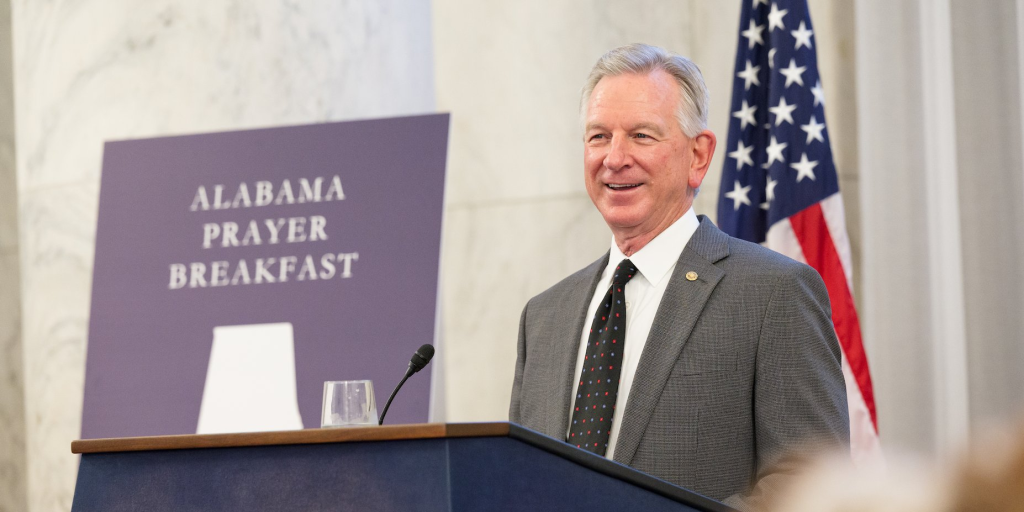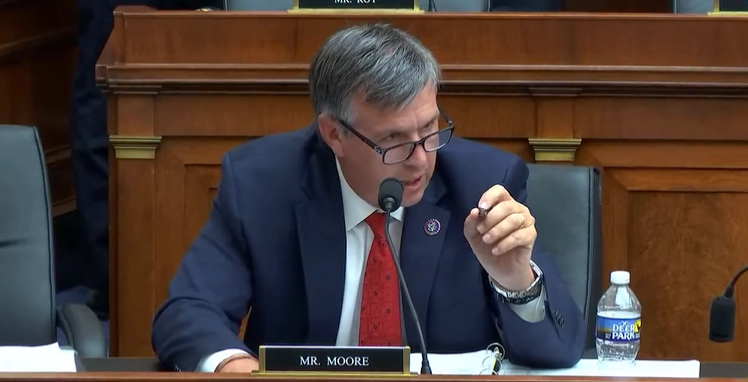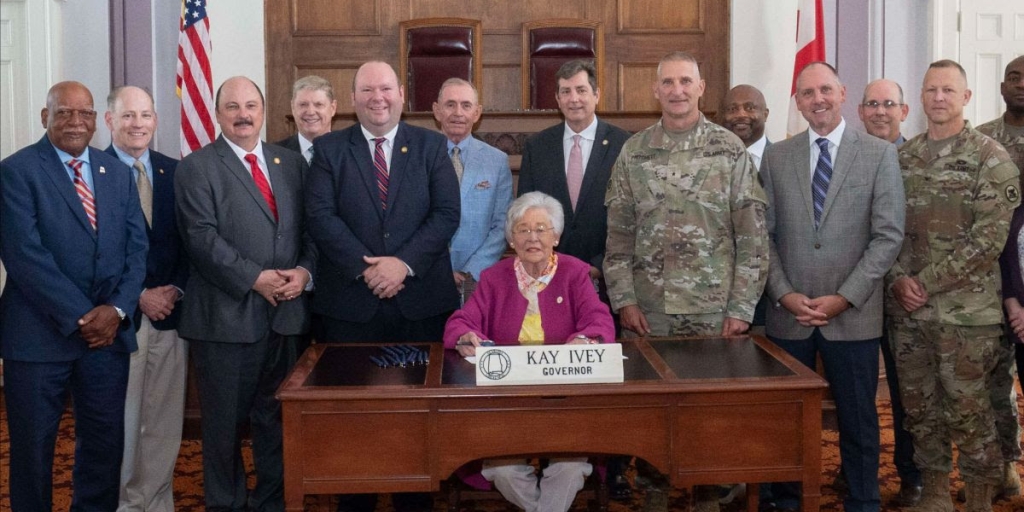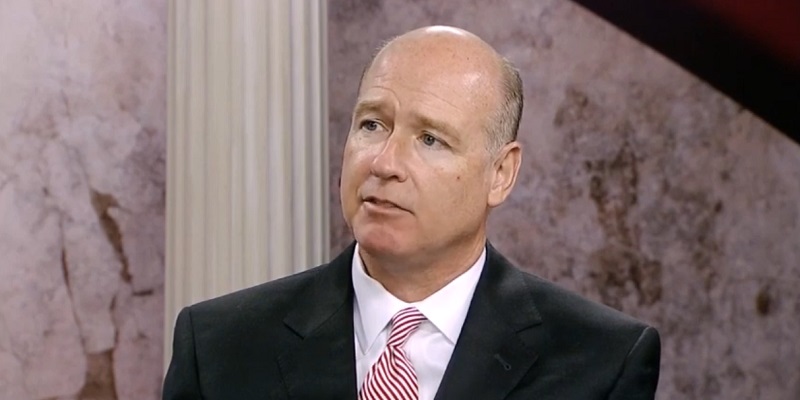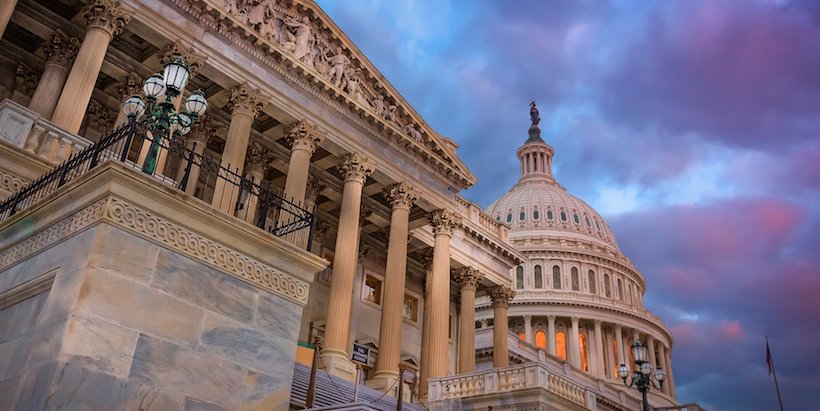
BIRMINGHAM, Ala. — Alabama State Representative and House minority leader Craig Ford (D-Gadsden) announced this week that he is again sponsoring legislation that would establish lotteries in the state funding both the General and Education budgets.
“I’m going to propose two lottery bills. I’m going to do one for the education trust fund and one for the general fund. The one for the education fund will go to similar to what we call hope scholarships in Georgia,” Ford said. “It’s polling about 70 percent in all areas of the state of Alabama no matter what demographics we’re looking at. The people of Alabama want to be able to participate in a lottery. Whether they’re going to play the lottery or not, they want to participate in it.”
Governor Robert Bentley has taken gambling revenues off the table as a way to patch the looming $200-plus million hole in the state’s general fund, but has signaled in the past that he thinks the people should have the opportunity to give it their approval or veto. If any lottery legislation makes it out of the State Legislature and past the Governor’s desk during session beginning March 3rd, it would be voted on by the entire state as a constitutional amendment in November.
Ford mentioned a lottery could be more enticing this year, especially as an alternative to the increased taxes Gov. Bentley is proposing.
The last time the state voted on a constitutional amendment establishing a lottery it failed by 8 points in a vote that saw 50 percent of registered voters go to the polls.
Though support for a lottery in the state has grown increasingly vocal since then, many on both sides of the aisle remain unconvinced that a lottery would be the answer to Alabama’s funding problems.
A study by the Journal of Risk and Uncertainty found in 2008 that US households with an annual income of less than $13,000—well below the federal poverty line—spend 9 percent, or about $1,170 of their money on lotteries.
“For the desperately poor, lotteries perform a role not unlike the obverse of insurance,” an article in The Atlantic observed. “Rather than pay a small sum of money in exchange for the guarantee of protection that you’ll need in the future, you pay a small sum of money in exchange for the small probability that you’ll win money to help your lot right away. It is, for lack of a better term, a kind of aspirational insurance.”
This comparison between a lottery and “aspirational insurance” for the poor prompted former State Senator Bryan Taylor to retort on Twitter:
If you want to expand Medicaid in Alabama, a lottery is certainly one way to do it. http://t.co/SHFzqbRIBC #alpolitics
— Bryan Taylor (@BryanTaylorLaw) February 18, 2015
Dr. John Hill, senior research analyst at the staunchly anti-lottery Alabama Policy Institute, has published several articles and studies arguing that state-sponsored gambling is harmful, especially to the most vulnerable sections of the population.
“The only reason the state is flirting with a compact is because there’s money to be made—up to $60 million to help plug a $200 million hole in the state’s 2015 budget,” Dr. Hill said in a recent op-ed on the subject. “This possibility of new revenue should not be considered with blinders on as to the repercussions that can come with it. Gambling damages almost everything it touches. From increased crime rates, to addictions that last for years, to personal debt and bankruptcy, gambling is a scourge to any community that embraces it with the hope of making a fast buck.”
“There is no truth to the idea that lotteries are a ‘victimless vice’ that only exists to entertain its players while benefiting noble causes such as education,” Dr. Hill told Yellowhammer Wednesday. “The experiences of other states show that lotteries attract and entrap disproportionate numbers of the poor, minorities, underage gamblers, and the elderly.”
Even liberal publications like ThinkProgress and Salon tend to agree with Dr. Hill, worrying that implementing a lottery results in a de facto—if voluntary—tax and redistributes that money from the lower class families who tend to gamble more, to middle and upper class families who gamble less.
But in spite of the concerns, the lottery and other gambling expansions continue to be the revenue-raising plan of choice for many Democrats in the state.
Like this article? Hate it? Follow me and let me know how you feel on Twitter!
— Elizabeth BeShears (@LizEBeesh) January 21, 2015




